-
 Welcome to plumtriA platform for Research & Innovation
Welcome to plumtriA platform for Research & Innovation -
 Looking for Funding?Check out the current open calls
Looking for Funding?Check out the current open calls -
 Register today to start receiving our monthly newsletter
Register today to start receiving our monthly newsletter -
 Looking to partner up?Search our list of registered profiles
Looking to partner up?Search our list of registered profiles -
 You have questions on a particular funding programme?
You have questions on a particular funding programme?
News
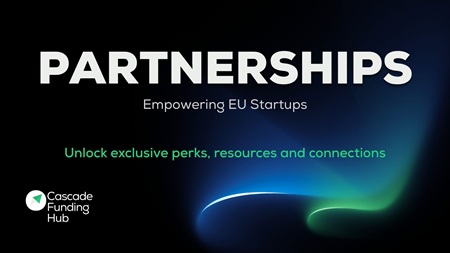 Uploaded On:
Uploaded On:
The Cascade Funding Partnership Programme is an innovative initiative by Sploro, designed to provide EU-funded startups with exclusive access to a curated network of leading partners and high-value perks. Our new programme brings together strategic partners across Europe and internationally, empowering startups with the resources and support needed to accelerate growth, boost innovation, and strengthen their competitive advantage.
…
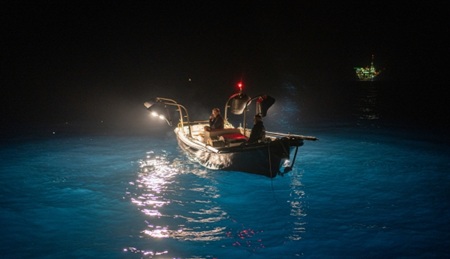 Uploaded On:
Uploaded On:
Partners from the two newly funded JPI Oceans projects ISOLUME and ALANIS will gather for their kick-off meeting in Hamburg, Germany, marking the beginning of a three-year collaboration under the Joint Call on Changing Marine Lightscapes. The meeting will serve as the first joint encounter for researchers and stakeholders working on two distinct but interconnected topics: darkening of the oceans due to freshwater runoff and rainfall, and artificial light at night (ALAN) pollution in marine environments. Participating countries include Germany, Greece, Ireland, Malta, Norway, Poland, and the United Kingdom. The projects officially began on 1 July 2025.
A JPI Oceans Knowledge Hub dedicated to Changing Marine Lightscapes will complement and support the projects' work and…
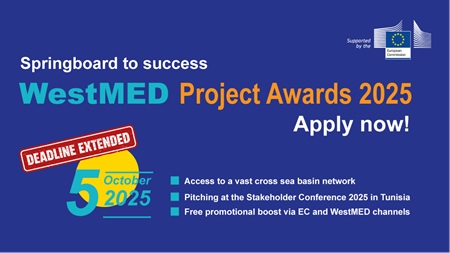 Uploaded On:
Uploaded On:
The WestMED has opened registrations for the WestMED Project Awards 2025. This is an international project competition aimed at showcasing and honouring outstanding success stories, which provide innovative and replicable solutions embodying the WestMED initiative’s vision for the Western Mediterranean.
Four categories will be featured in this year’s WestMED Project Awards, based on the western Mediterranean Roadmap priorities including;
-
Sustainable consumption and production
-
Biodiversity, marine habitat and maritime spatial planning
-
Maritime clusters and;
-
Blue skills and ocean literacy
Project award winners will have free travel and accommodation to attend the WestMED Conference 2025 in Tunis as well as a Project Pitch opportunity to showcase the project to the…
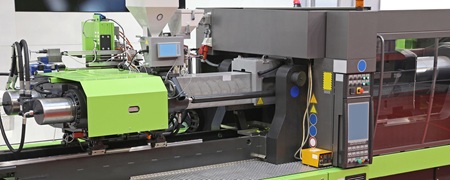 Uploaded On:
Uploaded On:
Injection moulding is a staple of industrial production, responsible for creating everything from phone cases to medical devices. It is especially preferred for producing plastic parts quickly and efficiently. But even an industry favourite process this mature is not immune to inefficiencies.
The process of injection moulding entails melting plastic material and injecting it into a mould cavity, where it cools and solidifies into the desired shape, often in just a matter of seconds. This often leads to one of its most overlooked issues – air entrapment, where pockets of trapped gas form during the injection of molten polymer into a mould. These air traps may seem minor, but they lead to significant defects like burn marks, incomplete filling, weak weld lines, and unsightly surface blemishes. They also force manufacturers to slow down cycle times or discard faulty parts, resulting in more material waste,…
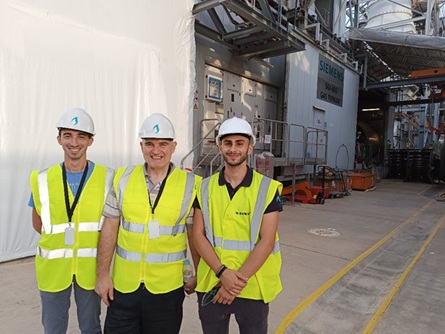 Uploaded On:
Uploaded On:
The research team behind Project LSDi (Liquid State Dual fuel Injection) visited the D4 power plant within the Delimara Power Station complex, operated by ElectroGas Malta. This power plant features a state-of-the-art combined cycle setup, consisting of three identical Siemens gas turbines – each with an output of approximately 53 MW. The exhaust from these turbines is used to generate steam in dedicated Heat Recovery Steam Generators (HRSGs), which is then delivered to a single steam turbine rated at 70 MW. This integrated system achieves a high overall efficiency, with the plant’s combined output reaching a total of around 220 MW.
The gas turbines at D4 operate exclusively on natural gas (NG), which is delivered from the Liquefied Natural Gas (LNG) regasification facility. LNG is imported and stored in a Floating Storage Unit (FSU) anchored at Delimara. At the…
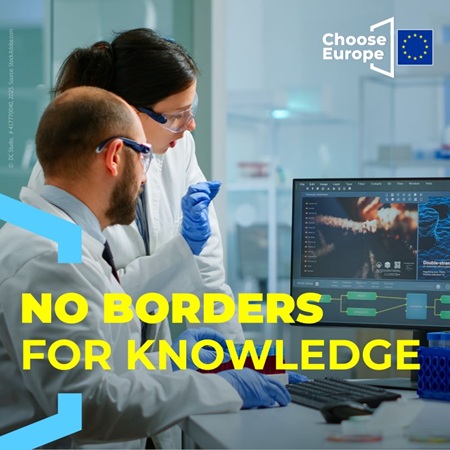 Uploaded On:
Uploaded On:
The European Commission has launched a call for evidence on the upcoming European Research Area (ERA) Act – a key legislative initiative to support the free movement of researchers, scientific knowledge, and technology across the EU.
Whether you're a researcher, policymaker, entrepreneur, or simply passionate about science and innovation, we invite you to contribute.
Click here to have your say! The ERA Act will address structural barriers, align national and EU R&I priorities, and improve research careers and infrastructure — all while promoting excellence and safeguarding…
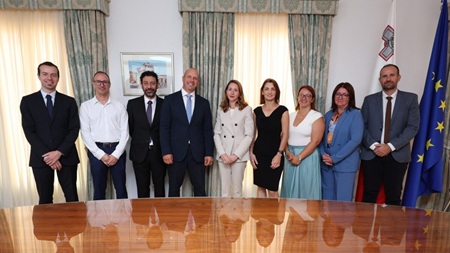 Uploaded On:
Uploaded On:
The Malta Development Bank (MDB) has launched new schemes aimed at strengthening its support for Maltese businesses, with a focus on environmental sustainability and the cultural and creative sector.
These new schemes, backed by the InvestEU programme through the European Investment Fund (EIF), mark a strategic expansion of MDB’s financial instruments. The Sustainability Schemes will support projects that promote environmental goals, while the Cultural & Creative Sector Scheme will provide targeted financing to businesses in Malta’s dynamic creative industries.
Both Bank of Valletta (BOV) and HSBC Bank Malta will begin offering loans under the MDB’s sustainability-related products. HSBC will also serve as an intermediary for the scheme related to the Cultural and Creative sectors, whilst a third bank is expected to join in the coming months.
“…
 Uploaded On:
Uploaded On:
The Mediterranean Sea is one of the most heavily used marine regions in the world, with shipping, fishing, tourism, energy, and conservation all competing for limited space. Simultaneously, the region faces increasing environmental pressure, with ecosystems under strain from both human activity and climate change. With so many competing pressures, governments are finding it harder to balance economic needs with protecting the environment.
In this context, Maritime Spatial Planning (MSP) has become an important tool for governments to coordinate the use of marine space. It allows countries to set clear priorities for how maritime activities, such as shipping, aquaculture, energy development, or marine conservation, can coexist in shared marine areas. MSP helps reduce conflicts between competing uses, such as between fishing zones and offshore infrastructure, and supports long-term environmental and economic…
 Uploaded On:
Uploaded On:
Salient Points:
- In 2023, total expenditure on R&D amounted to €121.0 million, corresponding to 0.6 per cent of GDP, an increase of €16.1 million compared to 2022.
- Basic Research was the major R&D activity, while labour costs represented 69.2 per cent of the total R&D expenditure.
- The highest proportion of expenditure by scientific field was noted in Engineering and technology, amounting to 51.2 per cent of the total R&D expenditure.
- 3,460 employees were engaged in R&D, with 1,955 on a part-time basis.
- In 2024, the highest disbursements of Government Budget Allocations for R&D (GBARD) were recorded in the R&D financed from General University Funds for Social Sciences.
Visit the below link to read full report.
Information and image source:
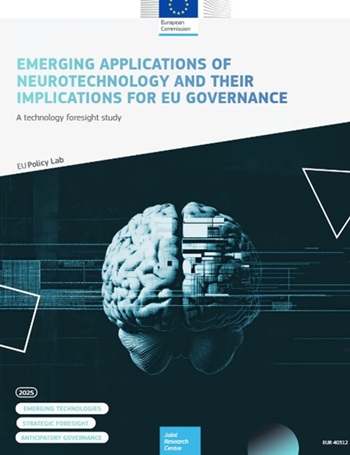 Uploaded On:
Uploaded On:
This report sums up recent developments in neurotechnology, that is, technology that can monitor, measure and modify central nervous system activity . Some devices record information from the brain, and others deliver stimulation to the brain (and some do both). These technologies are rapidly advancing and are likely to have a profound impact on various aspects of society. In the near future, neurotechnology has the potential to revolutionise the way we approach a range of policy areas, from healthcare, education, employment, law enforcement and security, to more obvious areas such as digital technologies and research. The report analyses advances in the technologies for monitoring and stimulating the brain, some of which are incorporated into neurotechnology devices. It acts as a horizon-scan of new and emerging uses of these technologies, and takes these as inputs to pose a range of questions for the consideration of policymakers.
…
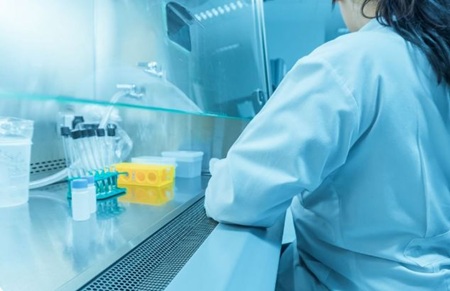 Uploaded On:
Uploaded On:
Xjenza Malta has joined the European Partnership on One Health Antimicrobial Resistance together with 52 organisations across 30 countries to tackle one of the most pressing global health threats -antimicrobial resistance. This partnership aims to enhance surveillance, diagnostics, treatments, and prevention strategies across human, animal, and environmental health sectors.
The first Joint Transnational Call for R&I projects is scheduled for November 2025 focusing on providing innovative and cost-effective treatment options - stay tuned for more updates or contact Xjenza Malta for more information.…
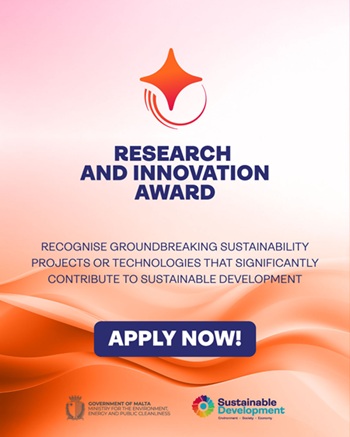 Uploaded On:
Uploaded On:
The Maltese Government is constantly stepping up its efforts to fast-track sustainable development. Malta’s Sustainable Development Action Awards have been established to recognise, promote, celebrate and reward individuals, NGOs, businesses, academic teams and public institutions/bodies that are leading the way in sustainable innovation and practices with the aim of increasing economic, social and environmental sustainability.
To this purpose, the Ministry for the Environment, Energy and Public Cleanliness invites and encourages all those eligible to take up the challenge and the opportunity to help deliver sustainable change.
General Eligibility Criteria
For those who wish to submit a nomination, it must be noted that the general criteria below apply. Further criteria will also apply in accordance with the category for which the…
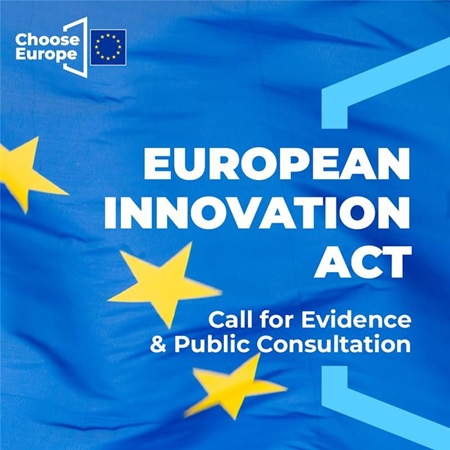 Uploaded On:
Uploaded On:
The European Commission has launched a call for evidence and a public consultation on the future European Innovation Act — a cornerstone of the EU Startup and Scaleup Strategy. This initiative aims to accelerate the path from innovative ideas to market success.
The European Innovation Act will also foster a more innovation-friendly regulatory policy, and investment environment across the EU — empowering European innovators to grow, scale, and compete on the global stage.
The Commission want to hear from innovators, businesses, investors, policymakers, researchers, universities, and everyone passionate about building a thriving innovation ecosystem in Europe.
Have your say and contribute to shaping Europe’s innovation future! Open for your feedback until 30th September 2025.
…
Uploaded On:
In the framework of the EU Mission “Restore our Ocean and Waters by 2030”, the EU funded project …
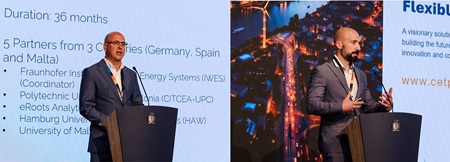 Uploaded On:
Uploaded On:
University of Malta academics took centre stage at the recent CETPartnership (CETP) stakeholder event co-hosted by Xjenza Malta, where they presented pioneering research contributing to Malta’s clean energy transition. The event, held on 3 June 2025, brought together key stakeholders from academia, industry, and government to discuss pathways for achieving climate neutrality in line with EU objectives.
During the session dedicated to University of Malta projects awarded under CETP, Prof. Alexander Micallef and …
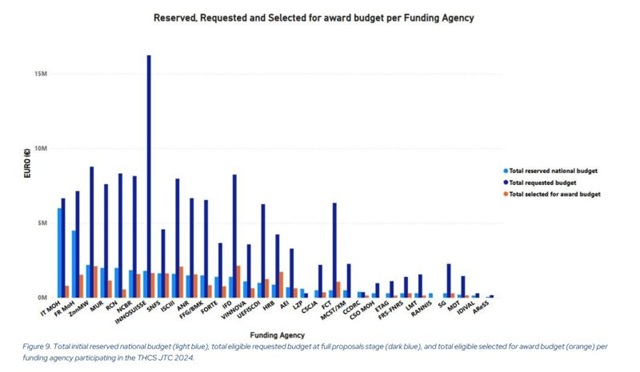 Uploaded On:
Uploaded On:
The THCS Transforming Health and care Systems announced the statistical analysis for the second THCS Joint Transnational Call 2024, drafted by Xjenza Malta Team - “Innovate to Prevent: Personalized Prevention in Health and Care Services”. The prevention strategies specifically targeting secondary, tertiary and quaternary prevention—by developing and scaling organizational models supported by existing and novel digital technologies.
114 eligible proposals were evaluated. The Call Steering Committee selected 20 proposals for funding, involving 25 of the participating funding agencies. The total allocated funding was approximately €25.3 million, with €21.7 million from EC top-up funds and €4.3 million from other participating organizations.
Read the full deliverable by visiting the below link.
Information and image source:
 Uploaded On:
Uploaded On:
The MCAST’s 4th Qualitative Research Conference which will take place in Malta between the 10th and 12th November 2025.
This conference places its focus on qualitative and mixed-methods research.
For more information, please refer to the conference’s website.
Should you be interested in presenting, we would like to kindly invite you to submit an abstract through the “Submit abstract” button on the website by the 15th August 2025.
For any queries please contact MCAST on …
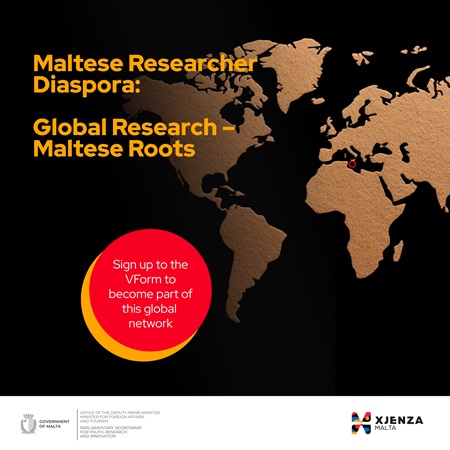 Uploaded On:
Uploaded On:
Xjenza Malta is building a global network of researchers with Maltese roots and we want you to be part of it.
If you're contributing to research and innovation overseas or know of other researchers within your network, this is an opportunity to:
- Boost the global visibility of Maltese research
- Connect with fellow researchers
- Open doors to new collaborations and opportunities
Sign up now to the V-Form by selecting the ‘Researcher’ category.
Learn more through Xjenza Malta's latest Facebook post.
Together, we’re growing a stronger, more connected Maltese research community.
Information and image source:
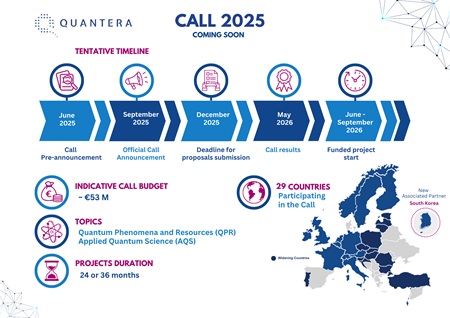 Uploaded On:
Uploaded On:
The QuantERA network pre-announces a new Call for international research projects in Quantum Technologies.
The Call Announcement: expected to be published on 4 September 2025.
Information about the Call:
The QuantERA Call 2025 is cofunded by organisations gathered under the QuantERA III Research & Innovation Action, with additional EC contribution.
Through this Call, the QuantERA III consortium aims at stimulating and intensifying research and innovation in the field of QT, contributing to the Strategic Research and Industry Agenda of the European Quantum Technology community.
The Call will comprise two topics:
- Quantum Phenomena and Resources
- Applied Quantum Science
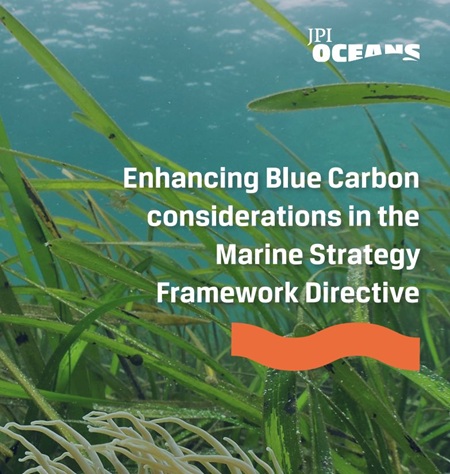 Uploaded On:
Uploaded On:
The side event “Improving the Integration of Blue Carbon Ecosystems into Global and European Regulatory Frameworks” was recently co-organised by the @JPIOceans Blue Carbon Knowledge Hub Policy Working Group on the margins of the high-level #UNOC3 conference in Nice. Held aboard the impressive Statsraad Lehmkuhl, the event brought together leading organisations including IOC UNESCO, C-BLUES, and the @JPI Oceans Blue Carbon Joint Action team.
Malta was pleased to be involved in this important Knowledge Hub, reflecting our ongoing commitment to advancing blue carbon solutions and contributing to global ocean and climate discussions.
Special thanks to @Sarah Camilleri for her valuable contribution to Malta’s engagement and for helping to strengthen Malta’s role in blue carbon policy and international ocean stewardship.
Information and image source:




